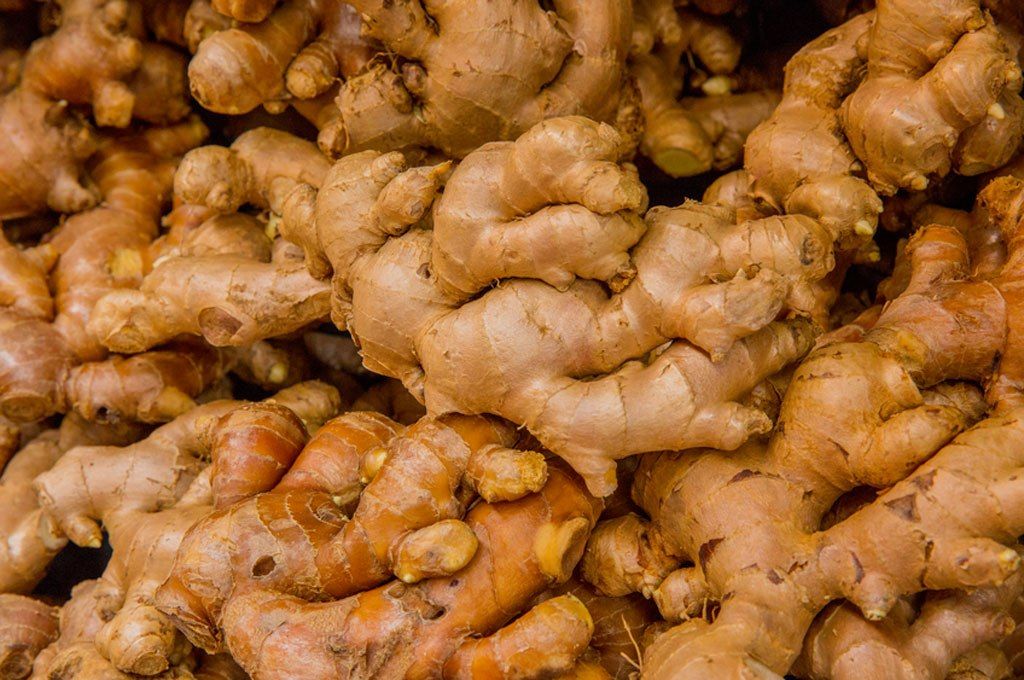A new tool to battle colon cancer.
Edible ginger-derived nano-lipids created from a specific population of ginger nanoparticles show promise for effectively targeting and delivering chemotherapeutic drugs used to treat colon cancer, according to a study by researchers at the Institute for Biomedical Sciences at Georgia State University, the Atlanta Veterans Affairs Medical Center and Wenzhou Medical University and Southwest University in China.
Colorectal cancer is the third most common cancer among men and women in the United States, and the second-leading cause of cancer-related deaths among men and women worldwide. The incidence of colorectal cancer has increased over the last few years, with about one million new cases diagnosed annually. Non-targeted chemotherapy is the most common therapeutic strategy available for colon cancer patients, but this treatment method is unable to distinguish between cancerous and healthy cells, leading to poor therapeutic effects on tumor cells and severe toxic side effects on healthy cells. Enabling chemotherapeutic drugs to target cancer cells would be a major development in the treatment of colon cancer.
In this study, the researchers isolated a specific nanoparticle population from edible ginger (GDNP 2) and reassembled their lipids, naturally occurring molecules that include fats, to form ginger-derived nano-lipids, also known as nanovectors. To achieve accurate targeting of tumor tissues, the researchers modified the nanovectors with folic acid to create FA-modified nanovectors (FA nanovectors). Folic acid shows high-affinity binding to the folate receptors that are highly expressed on many tumors and almost undetectable on non–tumor cells.
